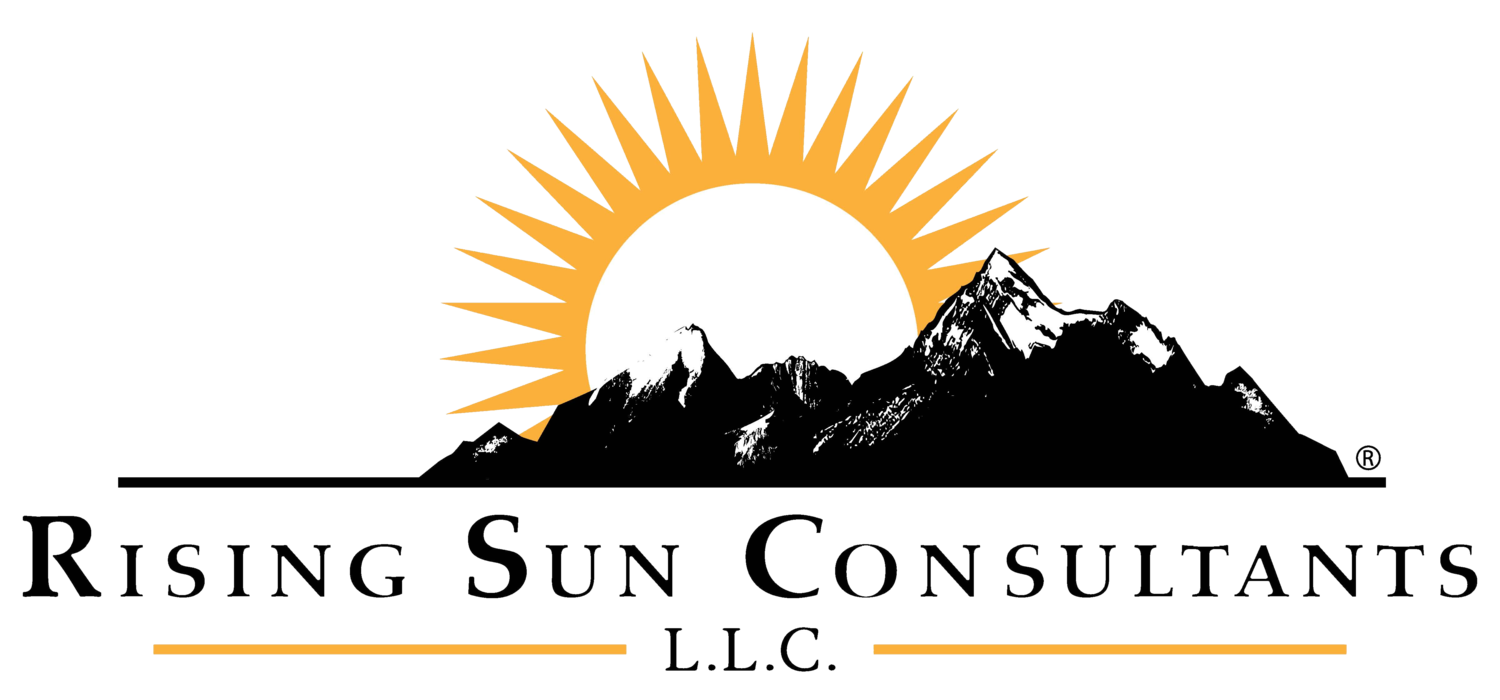The Details
With the new year in full swing, it’s a good time to assess your growth and development. Gauging your effectiveness as a leader starts from a standpoint of humility. Having a keen self-awareness of both your strengths and weaknesses can provide you with the proper foundation for how best to move forward in 2021.
Research shows that people who not only set goals, but continually reach them, are more successful than those who don’t. Additionally, those who apply specificity to their goals and document them in an action plan are more likely to reach their stated goals.
Other barriers to success can center on setting too many goals or setting overly ambitious goals. In regards to the former, you shouldn’t set goals simply to show others how busy you are. Occupying time with numerous “tasks” in order to look busy provides a much different outcome when compared to setting relevant and meaningful goals. It’s not necessarily the number of goals you set, but rather how those goals increase your knowledge, improve skill set and ability, and align with the organization’s mission and vision.
Choosing goals which aren’t too easy or too ambitious means looking for the proverbial sweet spot. Understanding how to challenge yourself, but also knowing your limitations when it comes to time, workload, and resources can help you to pinpoint the right goals.
One process which is prevalent in many organizations is the use of SMART goals. SMART goals are Specific, Measurable, Attainable, Relevant, and Timely. Other iterations have incorporated aspects such as an ethical, rewarding, or values-based quality. Applying this acronym to your goal setting can ensure that many of the issues mentioned above are addressed.
As you set and achieve more goals, your brain continues to envision a stronger version of yourself. This mentality helps to combat complacency and motivates you to constantly reach new heights.

